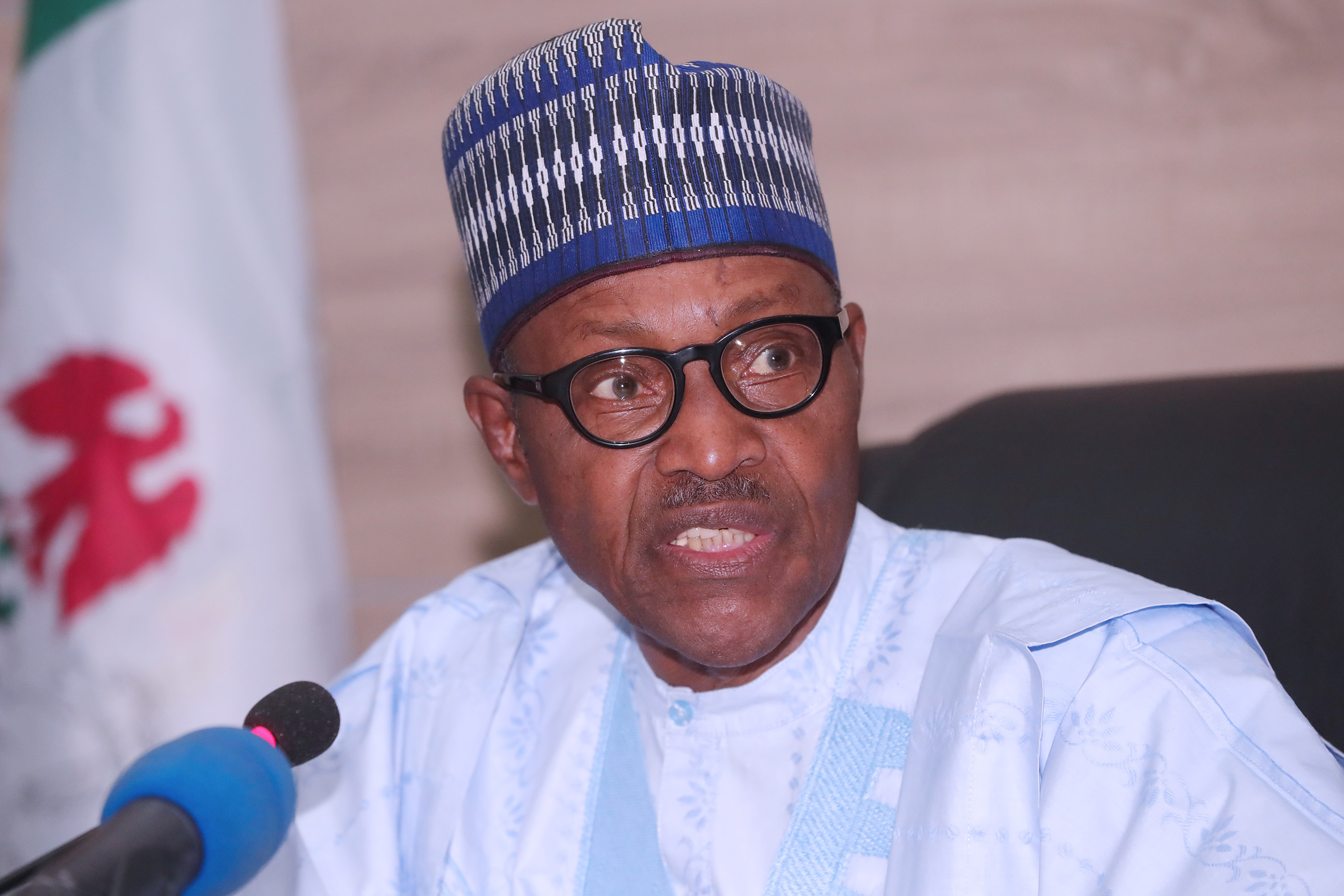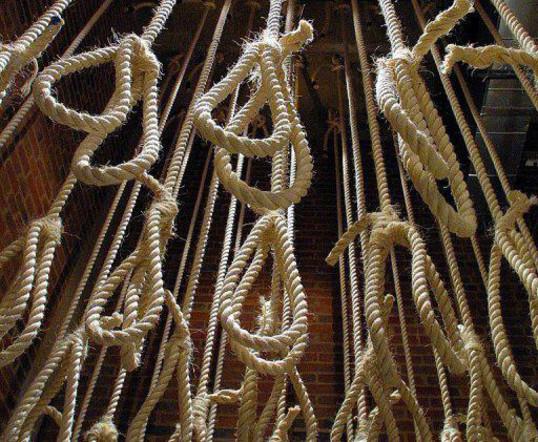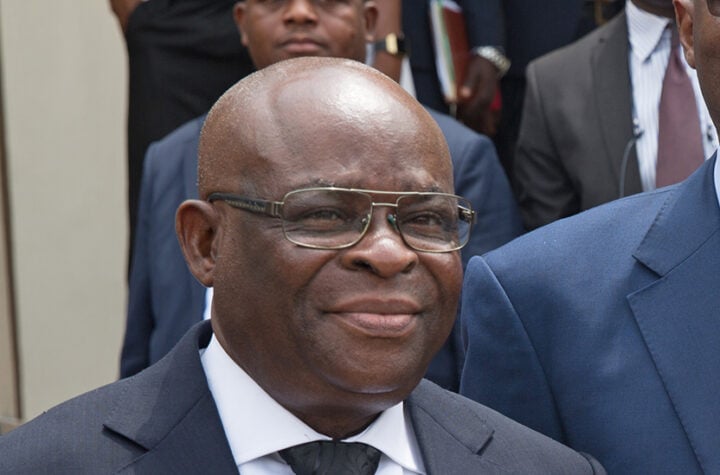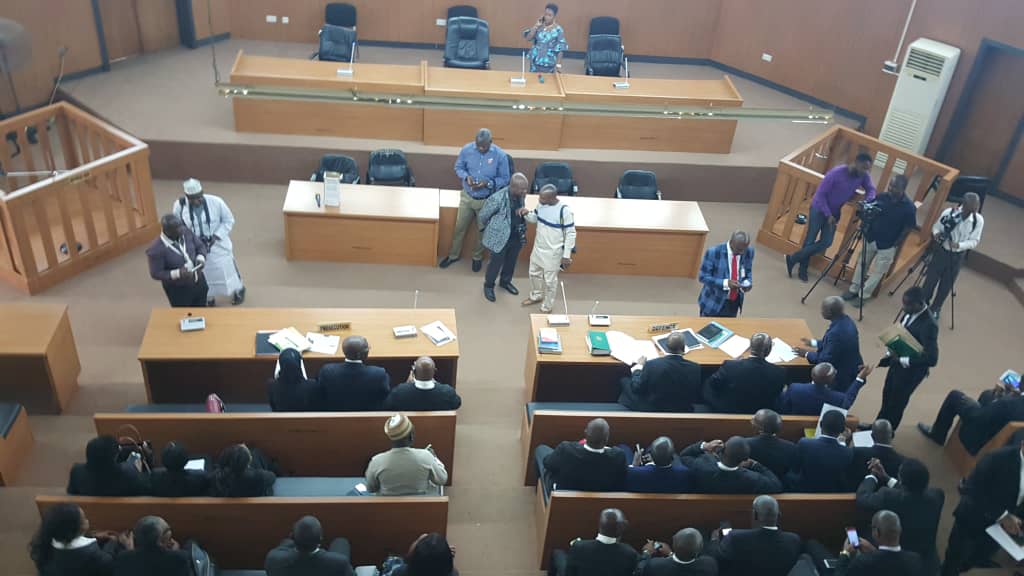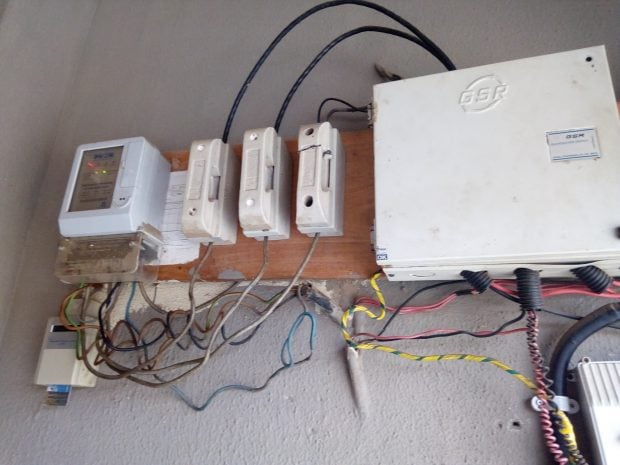PRESIDENT BUHARI AT THE CAMPAIGN FOR ACCEPTANCE SPEECH 0A. L-R; President Muhammadu Buhari addressing the Party Chieftain and Supporter during his acceptance speech at the Campaign office after INEC Declared President Buhari as President-Elect for the second term for the 2019 Presidential Election. PHOTO; SUNDAY AGHAEZE. FEB 27 2019
Nigeria’s audit process has not been particularly efficient over the years, especially as government ministries, departments and agencies (MDAs) have usually been found wanting in various aspects year in, year out.
Findings from the auditor-general of the federation’s annual report have usually shown how some of these MDAs even fail to submit their audit reports. There have also been cases of excess and unauthorised payments to several agencies as well as leakages in government revenues and expenditure — all these the federal audit service commission bill seeks to address.
Passed by the senate in March 2018, after it was first passed by the house of representative, the audit bill aims to give legal backing to the office of the auditor-general and provide it with additional powers and functions required for its needed independence.
The bill will also establish the Federal Audit Service Commission and create office for two deputy auditors-general who shall be of same rank in public service as a permanent secretary the commission.
Advertisement
In addition, it mandates the MDAs to submit their financial reports not later than 90 days into the next financial year while the federal government should submit its not later than June 30 of the following financial year — a fine of N500,000 awaits defaulters.
The functions of the office of the auditor-general, as provided for in the bill are:
- Auditing, except when the constitution provides otherwise, of all revenues accruing to the federation and all expenditures of the Federation from all sources
- Auditing, except otherwise provided by the constitution, of donations, grants and loans accruable to the federal ministries, departments and agencies or other public entities.
- Carrying out performance audit by ensuring that federal government and its agencies business is economically, efficiently and effectively performed
- Auditing of international institutions to the extent of Nigeria’s contribution to such bodies.
- Auditing of all federal government and its agencies subsidies and their application.
- Auditing of all federal government and its agencies’ counterpart funded projects.
- Auditing of all Nigerian embassies, consulates and foreign mission.
The bill sent to the president last year is yet to be considered. Section 58 subsections 4 of the 1999 constitution, as amended, gives the president 30 days to respond to bills transmitted from the national assembly.
Advertisement
“Where a bill is presented to the President for assent, he shall within 30 days thereof, signify that he assents or that he withholds assent,” the section reads.
But nothing has been heard about the bill. Attempts to get the reaction of Ita Enang, senior special assistant to the president on national assembly (senate), did not yield the desired result as he neither answered calls nor responded to a text message sent.
John Odita, an activist, had described the silence from the presidency as an indication that it is not serious in its anti-corruption war.
Senate President Bukola Saraki had described the passage of the bill as a breakthrough in Nigeria’s fight against corruption and said the commission will promote accountability in the public service.
Advertisement
Winifred Oyo-Ita, head of service of the federation, had also expressed optimism on the bill.
“The audit bill will be very good once this act comes… right now the auditor-general’s office is just operating and being treated as another MDA or part of the government structure. They are not having enough teeth to carry out their functions effectively,” she had said.
But as things stand now, no one is certain about when the president would act on the bill.
Advertisement
Add a comment

